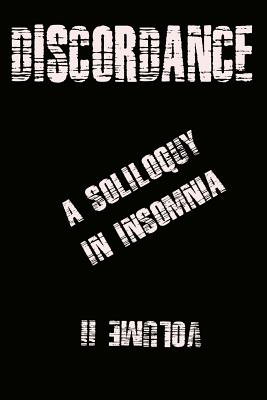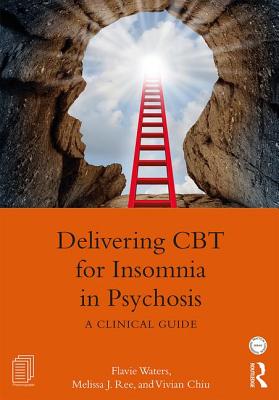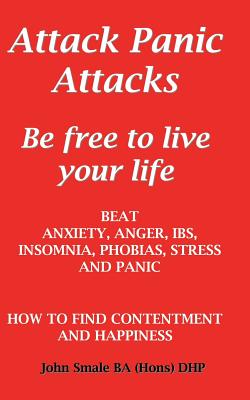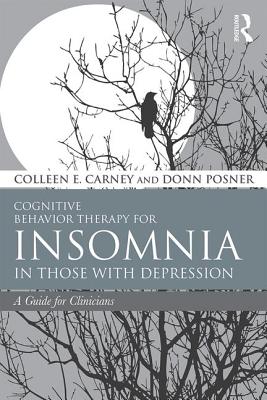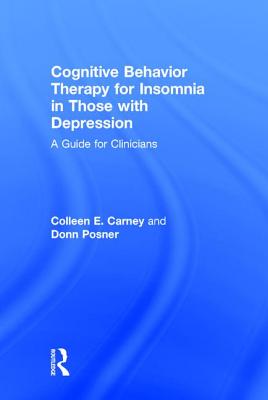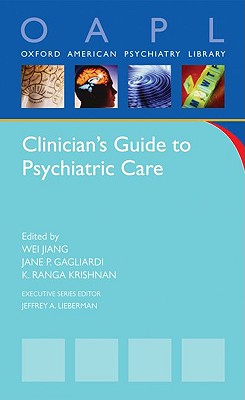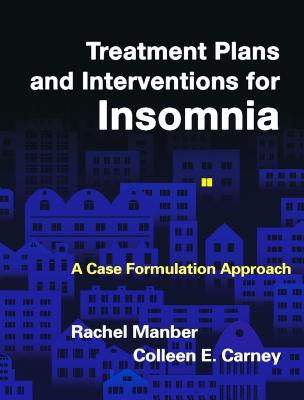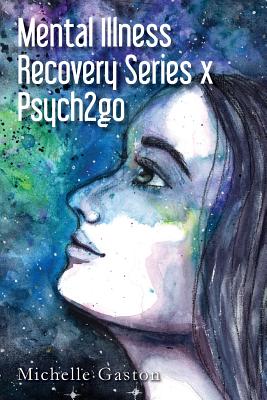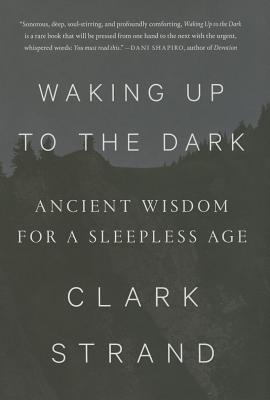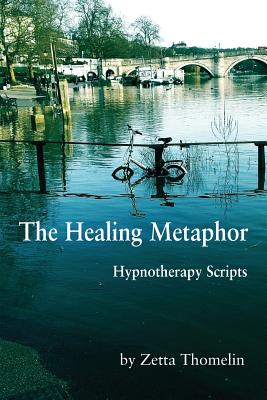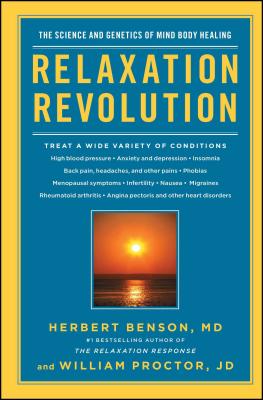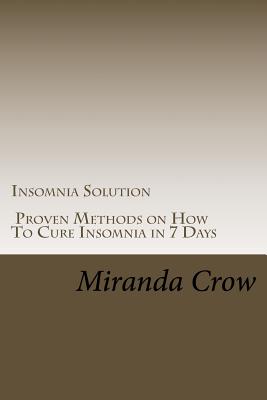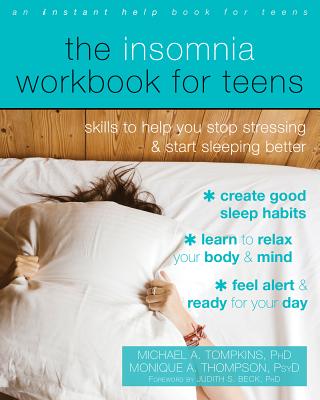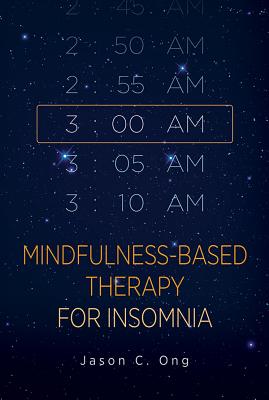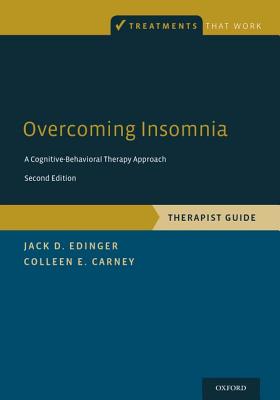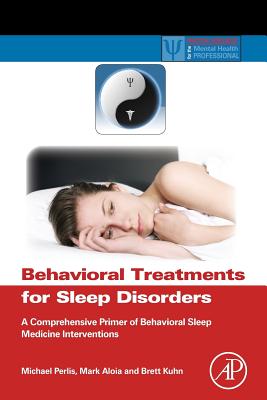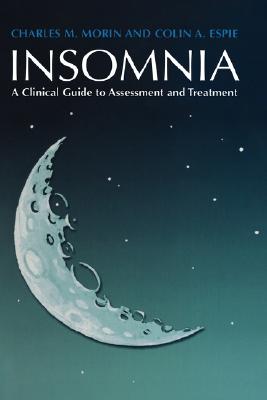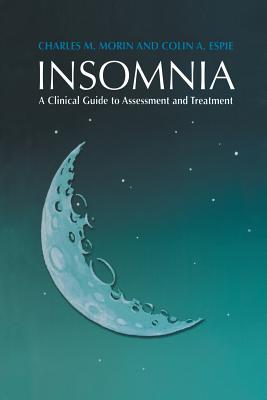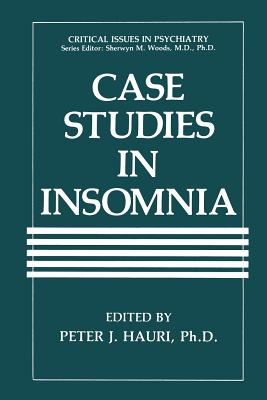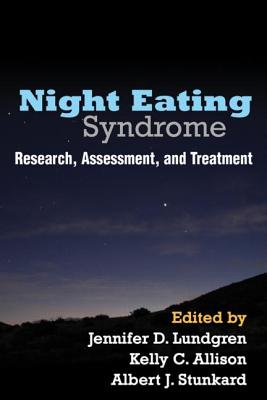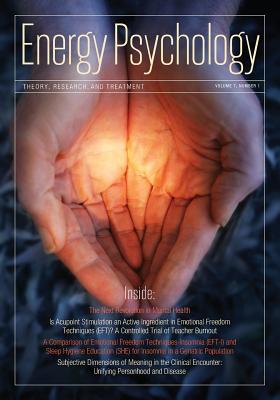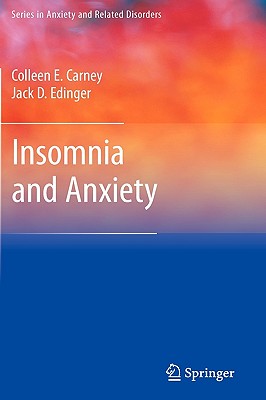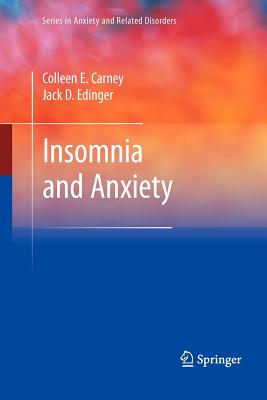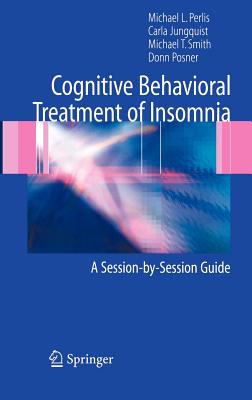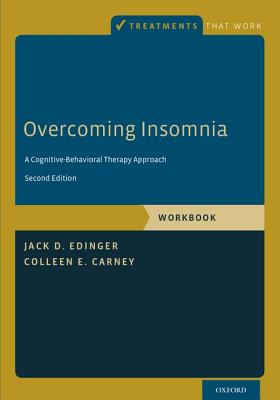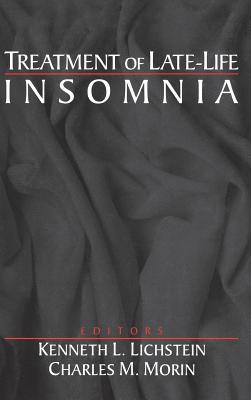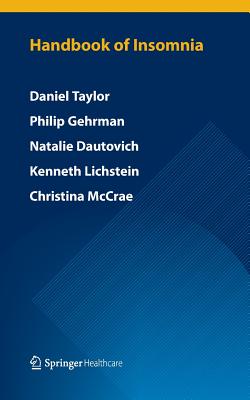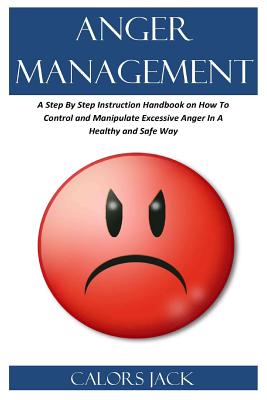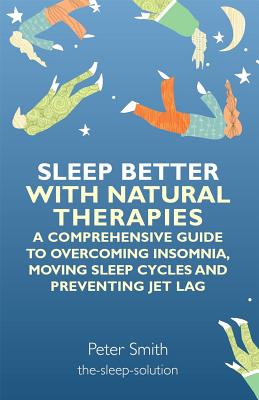| Description Experts Expert Contributions Featured Books for Sale |
Videos Articles Research Organizations |
In the News Additional Resources Coming Later Contributors |
Description
Stress from a traumatic event can often lead to a variety of sleep problems. When the body is overstimulated, the brain is flooded with neurochemicals that keep us awake, such as epinephrine and adrenaline, making it difficult to wind down at the end of the day. The neurochemicals remain present in the brain and can interrupt your normal sleep cycle. The result can be insomnia, bad dreams, and daytime fatigue caused by sleep disturbance.
The following are common sleep problems following a trauma:
- Flashbacks and troubling thoughts can make falling asleep difficult.
- The victim might feel the need to maintain a high level of vigilance, which can make sleep difficult.
- For those who experience violent situations, nighttime and darkness can, in and of themselves, bring about added anxiety and restlessness.
- Taking naps during the day might be helpful, but, if overdone, can also interfere with your efforts to sleep through the night.
- Once asleep, nightmares can frighten a survivor back to consciousness, and getting back to sleep can be very difficult.
- Many survivors use alcohol or other drugs to numb the emotional and physical pain following trauma. These substances can not only impact the healing process, they can also exacerbate sleep problems.
Source: https://www.sleepfoundation.org/articles/trauma-and-sleep

Experts

Featured Books:


Videos:

How does insomnia affect a person's health?
Premier Health (1:51)
Premier Health (1:51)

Articles:

Research:

Organizations:

In the News:

Additional Resources:
Contributors:Professionals:
Compiled By:
|
![]() Expert
Expert
![]() Professional
Professional
![]() Outreach Leader
Outreach Leader
![]() Moderator
Moderator
![]() Contributor
Contributor


